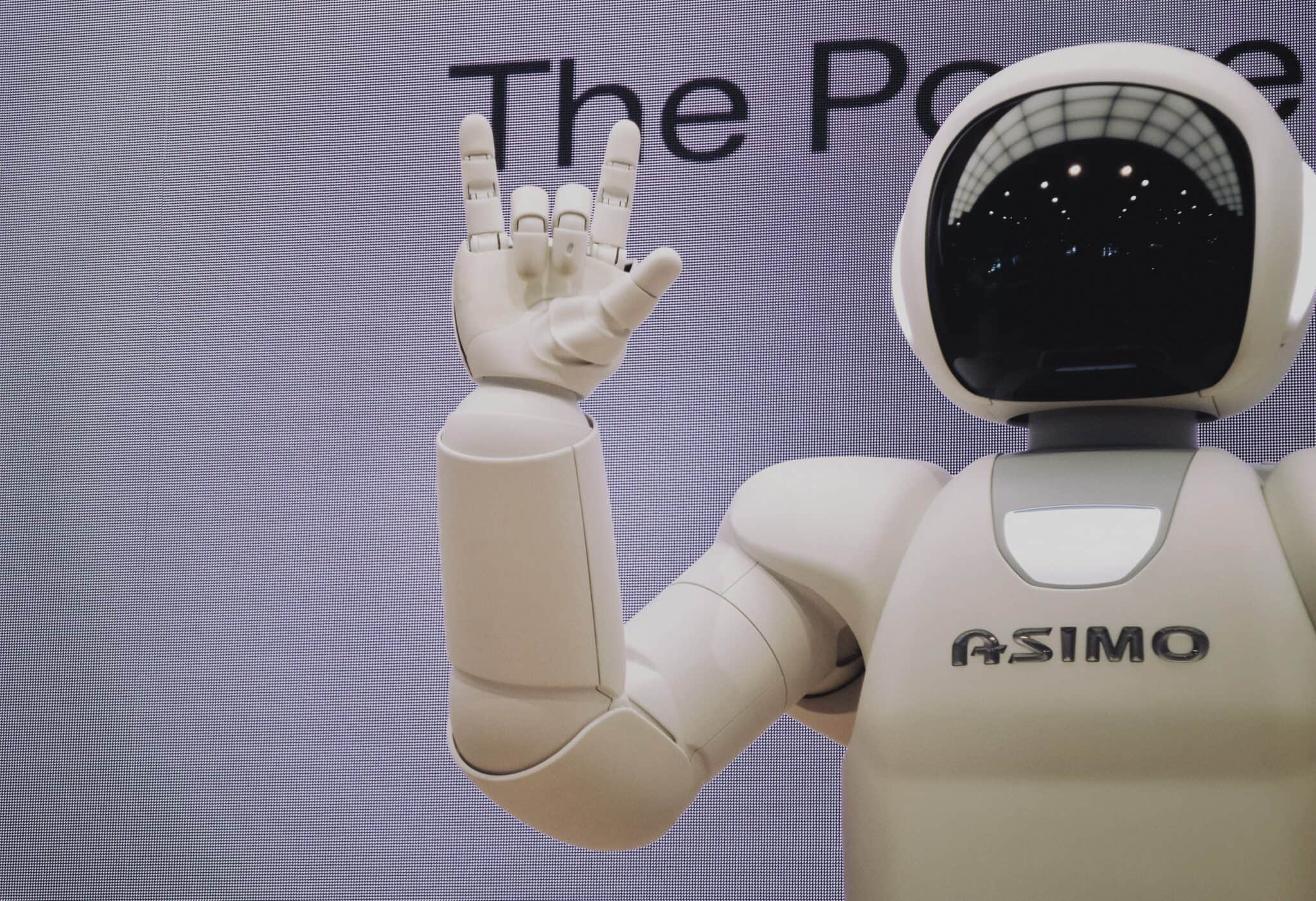
Fred Wang is a student at Harvard Law School.
In today’s news & commentary, employers resort to robots in response to labor shortages, Starbucks workers speak out against company’s customer-ratings system, and farmers adjust as the population of unauthorized immigrants in the U.S. declines.
Employers struggling to hire workers are turning to robots, the Wall Street Journal reports. Long a global laggard in the use of industrial robots, U.S. manufacturers are beginning to embrace robotics in light of current economic conditions. Orders for workplace robots in the U.S. jumped by a record 40% in the first quarter of 2022 (relative to the first quarter of 2021), according to trade group–reported data. Executives cited “rising wages” and “worker shortages” as the main drivers for this jump. There is a concern, however, that the shift to automation will lead to an “oversupply of human labor,” which will in turn drive down wages unless other sectors of the economy can “absorb displaced manufacturing workers.”
Starbucks workers are speaking out against the company’s crowd-sourced customer-ratings system, NBC News reports. Under this system, Starbucks customers rate workers based on a customer “connection” score. Scores are calculated based on responses asking consumers to rate statements such as: “The employees made an effort to get to know me.” Employees told NBC News that this approach has stretched workers too thin and made them feel “powerless.” In order to boost their stores’ connection scores, managers have pushed employees to draw on cups, make conversation with customers, and recognize regulars. But these demands have run up against other priorities, such as the requirement that workers make and serve drinks quickly. Employees posting on the Starbucks subreddit have expressed similar frustrations. And because employees lack control over their connection scores — given how arbitrary customer ratings can be — some have noted that this aspect of their work has made unionization more appealing.
Farm work in the United States — long performed predominantly by unauthorized immigrants — is changing, the New York Times describes. As the flow of young unauthorized immigrants from Mexico has slowed, farmers are turning to alternatives, such as workers on temporary guest-worker visas, automation, and less labor-intensive crops. Each comes with its own limitations and costs. Before, farmers were reluctant to hire workers with H-2A visas. Under the H-2A program, they would have to provide farmworkers with housing, transportation, and even meals. It was much cheaper to rely on the labor of immigrants who had crossed the border illegally. Now, they — and other employers that have traditionally relied on and taken advantage of this supply of cheap labor — will have to change their ways.






Daily News & Commentary
Start your day with our roundup of the latest labor developments. See all
February 3
In today’s news and commentary, Bloomberg reports on a drop in unionization, Starbucks challenges an NLRB ruling, and a federal judge blocks DHS termination of protections for Haitian migrants. Volatile economic conditions and a shifting political climate drove new union membership sharply lower in 2025, according to a Bloomberg Law report analyzing trends in labor […]
February 2
Amazon announces layoffs; Trump picks BLS commissioner; DOL authorizes supplemental H-2B visas.
February 1
The moratorium blocking the Trump Administration from implementing Reductions in Force (RIFs) against federal workers expires, and workers throughout the country protest to defund ICE.
January 30
Multiple unions endorse a national general strike, and tech companies spend millions on ad campaigns for data centers.
January 29
Texas pauses H-1B hiring; NLRB General Counsel announces new procedures and priorities; Fourth Circuit rejects a teacher's challenge to pronoun policies.
January 28
Over 15,000 New York City nurses continue to strike with support from Mayor Mamdani; a judge grants a preliminary injunction that prevents DHS from ending family reunification parole programs for thousands of family members of U.S. citizens and green-card holders; and decisions in SDNY address whether employees may receive accommodations for telework due to potential exposure to COVID-19 when essential functions cannot be completed at home.